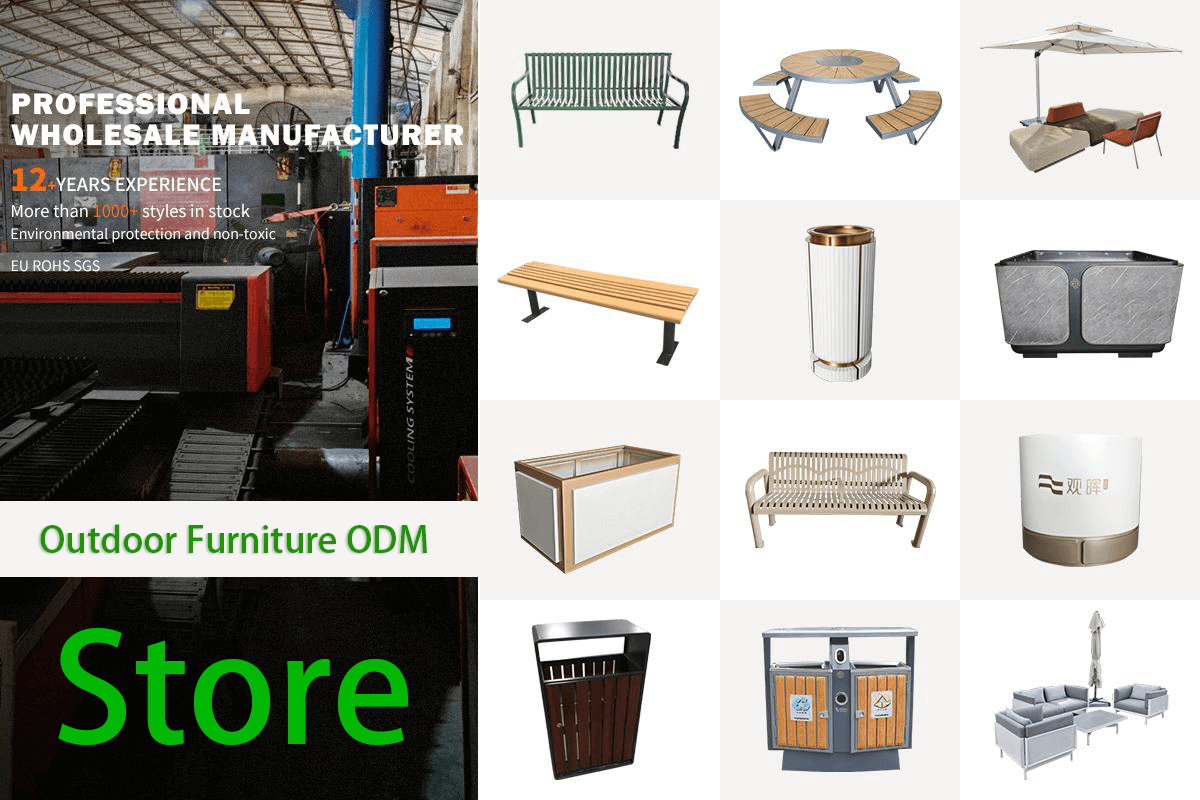What are the environmental impacts of outdoor furniture production, and how do ODM providers mitigate them?
Explore the environmental impacts of outdoor furniture production and how ODM providers mitigate them through sustainable materials and eco-friendly practices.
The production of outdoor furniture can have significant environmental impacts, including deforestation, high carbon emissions, and waste generation. Traditional manufacturing processes often rely on non-renewable materials like plastic and untreated wood, contributing to pollution and resource depletion. However, ODM (Original Design Manufacturer) providers are increasingly adopting sustainable practices to reduce these effects.
One key strategy is the use of eco-friendly materials such as recycled plastic, FSC-certified wood, and aluminum, which minimize environmental harm. ODM providers also optimize production processes to reduce energy consumption and waste, implementing recycling programs for scrap materials. Additionally, some manufacturers invest in carbon offset initiatives or renewable energy sources to further lower their ecological footprint.
By prioritizing sustainability, ODM providers not only comply with environmental regulations but also meet the growing demand for greener outdoor furniture. Consumers can support these efforts by choosing products with eco-certifications or made from responsibly sourced materials, fostering a more sustainable industry.
Related search:


